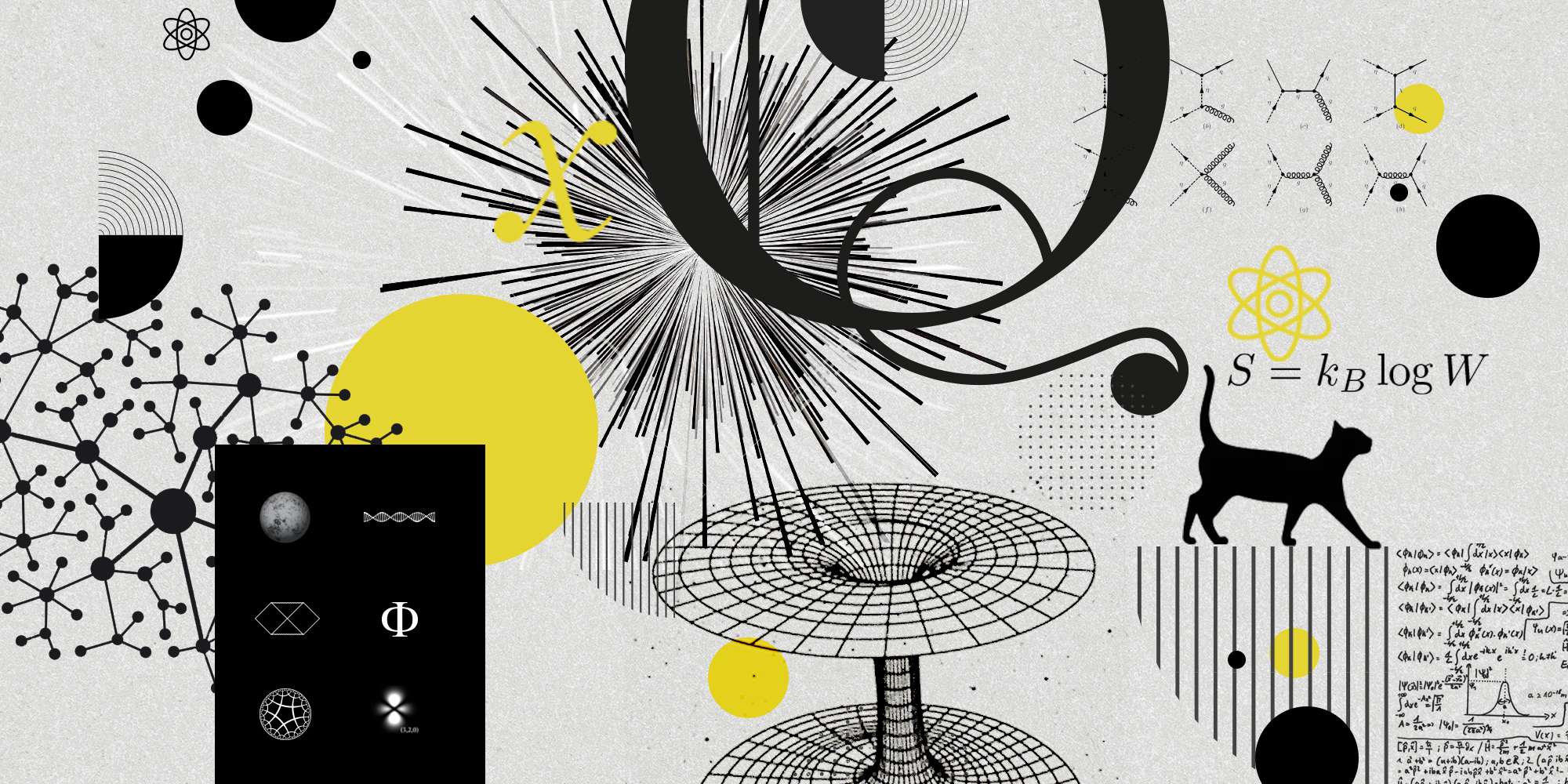
Testimonials
Learn more about how FQxI makes a difference directly from our grantees, Scientific Advisory Council, and Members.
Geoffrey West
Distinguished Professor
Santa Fe Institute
FQxI is an important part of the fundamental physics community, especially regarding expanding the boundaries of what questions can be addressed.
Joshua Deutsch
Professor of Physics
UC Santa Cruz
FQxI has had an impact on science that vastly exceeds its size and resources.
From my perspective, FQxI has had an impact on science that vastly exceeds its size and resources. Its funding model distinguishes itself from more traditional sources, by selecting high quality proposals that emphasize originality and creativity. Their approach is far more likely to lead to real advances than, say, the U.S.’s NSF and NIH, where it is widely acknowledged that new and innovative submissions get squelched, all too often. Their grant calls are well chosen to be in broad areas which are of fundamental importance, and not part of some fleeting trend. They get applications from a wide range of researchers in science, philosophy, and history. Lastly, its highly original meetings have had an enormous influence on my thinking, and many other researchers, in ways that are very significant.
Johannes Kleiner
Physicist and Mathematician
Munich Center for Mathematical Philosophy
I think it’s fair to say that without FQxI, our growing community which we now call “Mathematical Consciousness Science” would not even exist. The best funding agency ever! Really!
You’ve supported basically all workshops and conferences which were essential in my research. I think it’s fair to say that without FQxI, our growing community which we now call “Mathematical Consciousness Science” would not even exist. And the large grant you awarded us recently gives us the chance to make a real difference. Thanks so much! The best funding agency ever! (Really!)
Jenann Ismael
Professor of Physics
Columbia University
It’s hard to express the difference FQxI’s made–that you nurture and value work on expansive, risky topics. I think it gives courage to a lot of people.
Mile Gu
Associate Professor
Nanyang Technological University
The FQxI grant has been extremely beneficial in my research in Singapore. FQxI support has allowed me to take on more exciting, fundamental projects, to host a workshop focused on this topic, which helped catalyze student interest. Such pursuits would not be possible in Singapore otherwise, where there is no local funding agency willing to support such upstream, foundational directions of research.
Mind Matters: Intelligence and Agency in the Physical World is one of the most scientifically stimulating workshops I have attended (and very well organized)!
Eric Cavalcanti
Associate Professor
Griffith University
FQxI grants have given me the “excuse” I needed to justify working on topics I am passionate about and have given me a valuable lifeline before obtaining a permanent position. I probably would no longer be in academia were it not for FQxI.
